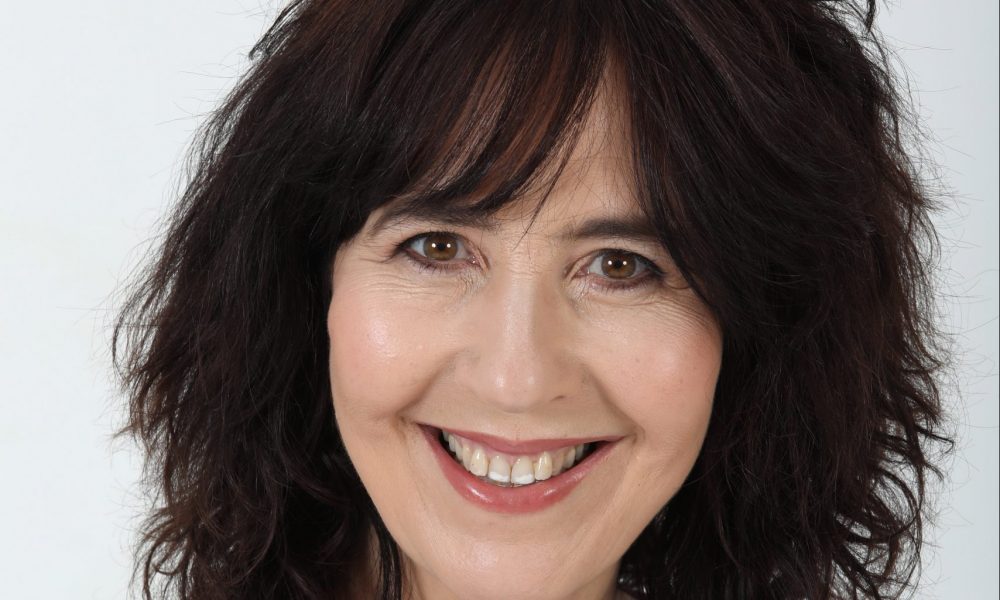The Jewish Report Editorial
Mother’s Day follows Lag B’Omer tragedy

This Sunday, there is one South African-born mother who won’t be celebrating Mother’s Day. Tanya Hevroni, who is the mother of three little girls, is mourning the senseless death of her husband who was killed in the Lag B’Omer stampede on Mount Meron last Thursday.
She, like so many other mothers, is now forced to come to terms with what it means to be a single mom.
She’s not alone. There are many more in Israel who lost their loved ones in this tragic incident in which 45 people died and more than 150 were injured.
It was a celebration that all those who went looked forward to, but went horribly wrong. Lag B’Omer is the one night when observant people can really celebrate during the counting of the Omer. It’s 24 hours in which people can marry, cut their hair, and do a whole bunch of things they can’t do between Pesach and Shavuot.
While I have always enjoyed celebrating Lag B’Omer, I knew very little about the annual gathering at Mount Meron. Since this largest peacetime tragedy in the history of Israel last week, I have unfortunately had reason to find out more. And the more I looked, the more the irony and horror of what happened emerged.
Shortly before this disaster struck, there was the most incredible joy at the site of Rabbi Simon bar Yochai’s grave. I find the idea of this euphoria turning into terror and then devastation hard to absorb. I can’t even imagine how those survivors are going to live with this. Also, most of them were involved in the stampede that killed people, creating what has been dubbed “Israel’s deadliest civilian disaster”. How do they live with that?
Lag B’Omer marks the day Rav Simon bar Yochai died, but it also falls on the day that ended a plague that killed thousands of Torah scholars who had studied with – among others – Rabbi Akiva. I have to admit the fact that we are living through a pandemic (or a plague, call it what you will), which has mostly now been stopped by mass vaccination in Israel, gives me the shivers. This event was the very first mass gathering in Israel since the start of the pandemic, and it was allowed only because of the huge success of the vaccination drive.
Then, I read that 110 years ago, in 1911, 11 people were killed and 40 wounded when they fell from a balcony on Mount Meron on Lag B’Omer. They were said to have fallen about seven metres when the railing around the grave collapsed. It’s way too similar to the events of last week. Back then, it clearly wasn’t safe, and neither was it safe now. Especially not for 100 000 people dancing and singing. Apparently, there was supposed to be a limit of 15 000, but this wasn’t implemented because, it seems, there isn’t a specific body or authority that controls the site.
Every year except 2020, for about 600 years, observant Jews have flocked to this site on Lag B’Omer. Was it a tragedy waiting to happen? And why did it happen this year? We can search for reasons and try to make sense of it, but I’m not sure those answers are forthcoming. I guess it’s a matter of police work and your belief system.
However, I cannot imagine Lag B’Omer on Mount Meron will ever be the same celebration. Maybe I’m wrong. The tragedy will certainly have an impact on hundreds of people being able to view Lag B’Omer as a celebration again.
In fact, it will take Israel a long time to get over this massive loss.
I don’t believe anybody meant for it to happen. However, blame is being thrown around. People apparently need to find a culprit, a reason, a bad guy. They can’t blame terrorism or crime. And so, many are blaming the Israeli government. Some blame secular Israelis and others the Haredim themselves.
Do we always have to have someone to blame? Is having someone to blame and potentially charge with a crime going to help bring back these people? Will it make anyone feel better?
I don’t believe so. It certainly isn’t going to bring Tanya Hevroni’s husband back.
While I don’t pretend to know her, I have a good idea that she will step up to the plate and continue to be an outstanding mother to her girls. That’s what mothers do.
And as we celebrate mothers this weekend, I know many mothers who would always get out of a sick bed and do the impossible for their children. Their love knows no bounds.
While we may not all be mothers, we have all had a mother in our lives. And we know the love of a mother. She is the one who was always there for us, even if she had a full-time job. She is the one on whose shoulders we cried when our hearts were broken. Hers was the hand we held that made us feel supported. She was the one who made sure we ate well, kept clean, brushed our teeth, and slept enough.
Her love was and always is unconditional. Being a mother is no easy task, but it’s the most gratifying and precious job in the world. And, having lost my own mother, I know that nothing in the world will replace the person who nurtured my siblings and me, held us when we needed it, and gave everything of herself for us. For my own mother and every mother out there who knows this love, we at the SA Jewish Report salute you!
Shabbat Shalom
